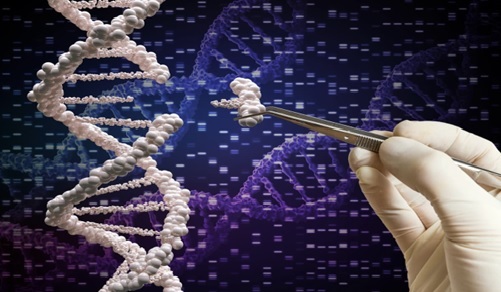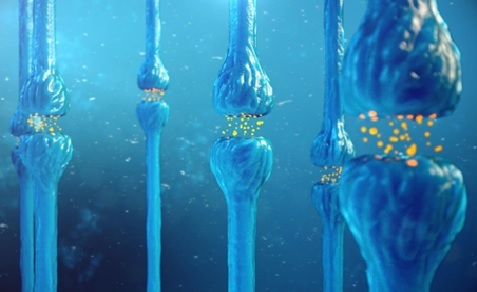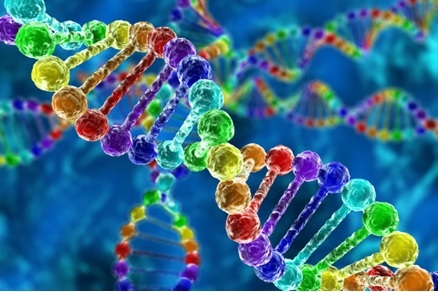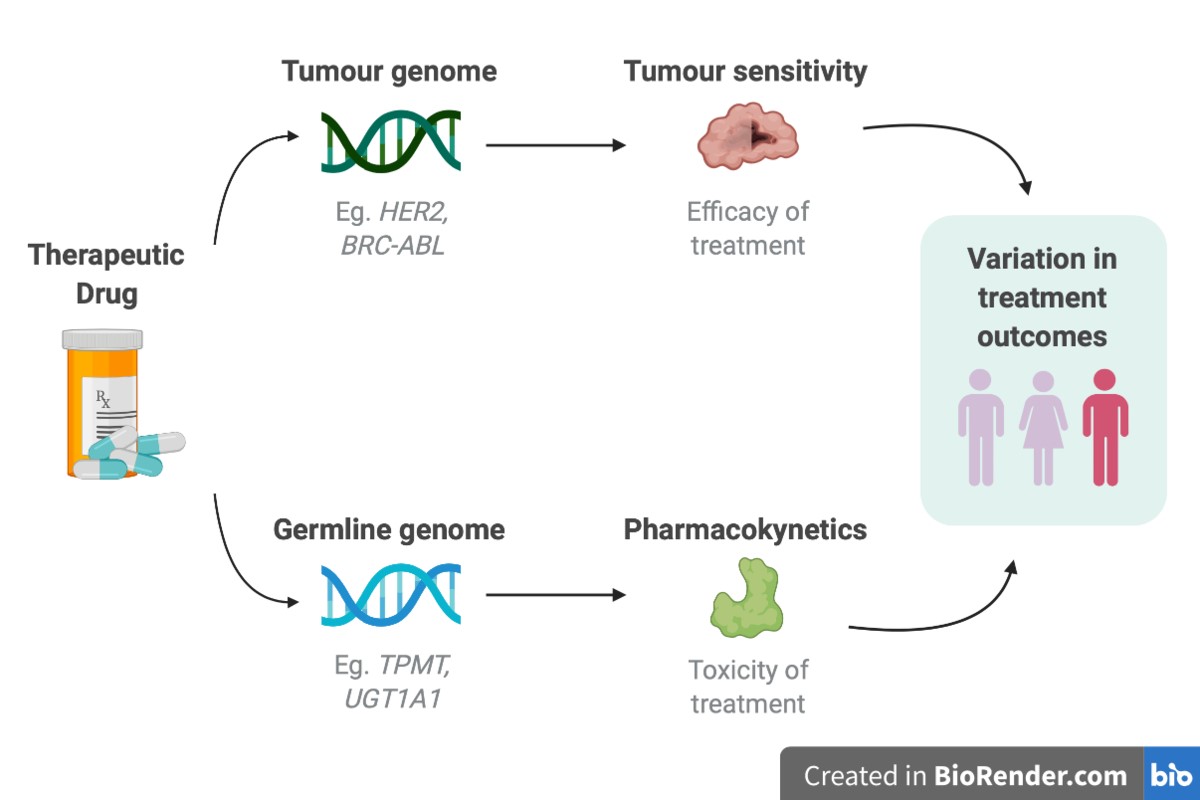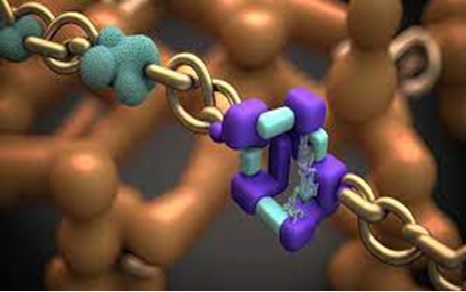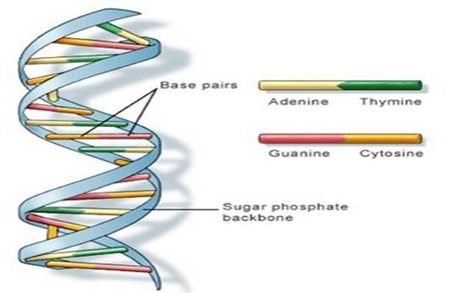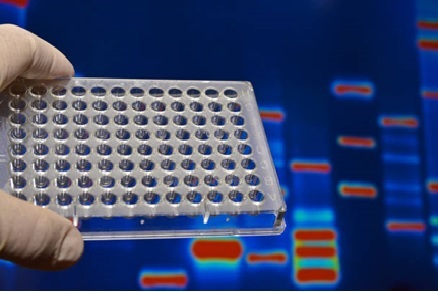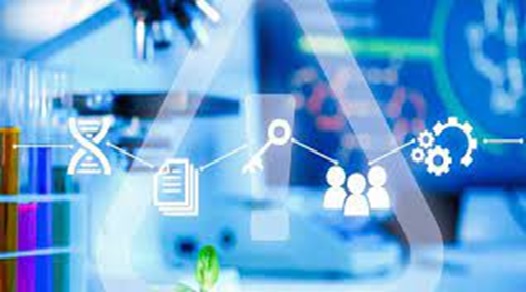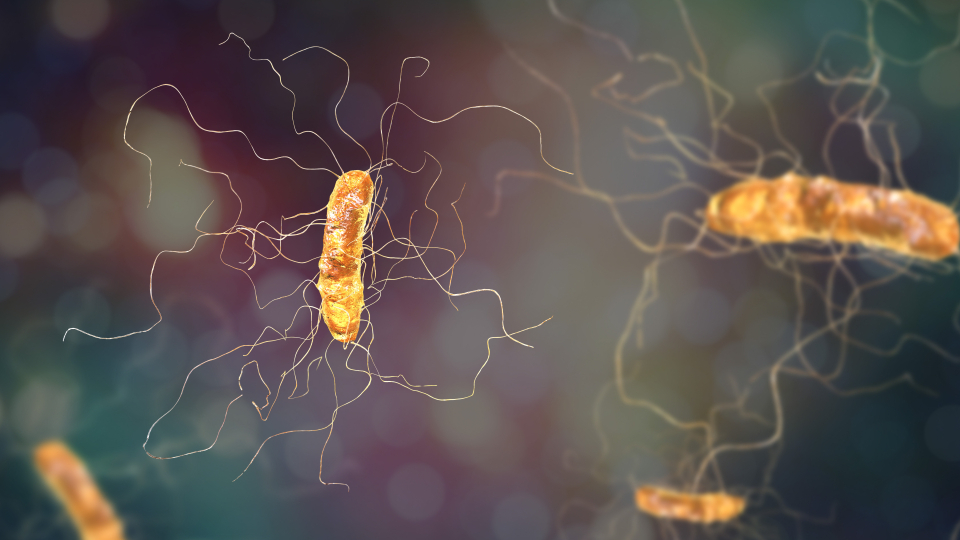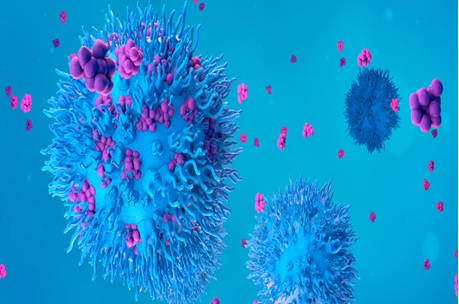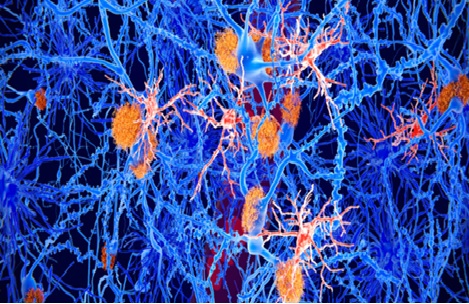Pharmacogenomics of Anti-Cancer Drugs
Pharmacogenomics is based on the understanding of the individual differences in drug use, the response to drug therapy (efficacy and toxicity), and the mechanisms underlying variable drug responses. The identification of DNA variants which markedly contribute to inter-individual variations in drug responses would improve the efficacy of treatments and decrease the rate of the adverse side effects of drugs.
Pharmacogenomics involves the study of both the patient’s and the tumour’s genome, as variations in both have been observed to exert an impact on the transport, efflux, retention, and penetration of the anti-cancer drug. [1]
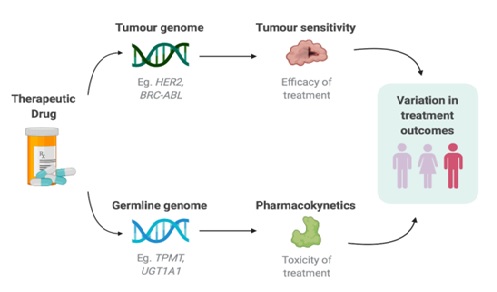
Figure 1. Pharmacogenomics of anti-cancer Drugs
Pharmacogenomics of anti-cancer Drugs is shown in figure 1. The field of pharmacogenomics has made great strides in oncology over the last 20 years and indeed a significant number of pre-emptive genetic tests are now routinely undertaken prior to anticancer drug administration. Many of these gene–drug interactions are the fruits of candidate gene and genome-wide association studies, which have largely focused on common genetic variants (allele frequency>1%).
Examples where there is clinical utility include genotyping or phenotyping for G6PD to prevent rasburicase-induced RBC haemolysis, and TPMT to prevent thiopurine-induced bone marrow suppression. Other associations such as CYP2D6 status in determining the efficacy of tamoxifen are more controversial because of contradictory evidence from different sources, which has led to variability in the implementation of testing.[2]
Pharmacogenetics and pharmacogenomics have expanded rapidly over the past years and represent one of the bases of precision medicine. The application of pharmacogenetic and pharmacogenomic approaches and tools for the selection of medications and their dosage to improve patient care is nowadays substantially increased.
Prescription drug information sheets in several therapeutic areas (psychiatric, cardiovascular, analgesic, antiviral, and anticancer drugs) provide current information on pharmacogenetic and pharmacogenomic biomarkers for over 200 medicines including mandatory or recommended biomarker testing prior to initiating therapy.[3]
Individualized treatment is of special importance in oncology because the drugs used for chemotherapy have a very narrow therapeutic index. Pharmacogenetics may contribute substantially to clinical routine for optimizing cancer treatment to limit toxic effects while maintaining efficacy.[4]
References:
- https://www.mdpi.com/2073-4425/13/2/311
- https://bpspubs.onlinelibrary.wiley.com/doi/10.1111/bcp.14407
- https://cdrjournal.com/article/view/3345
- https://www.sciencedirect.com/science/article/abs/pii/S0040595716312847
Cite this article:
Gokula Nandhini K (2023), Pharmacogenomics of Anti-Cancer Drugs, AnaTechMaz,pp 192


